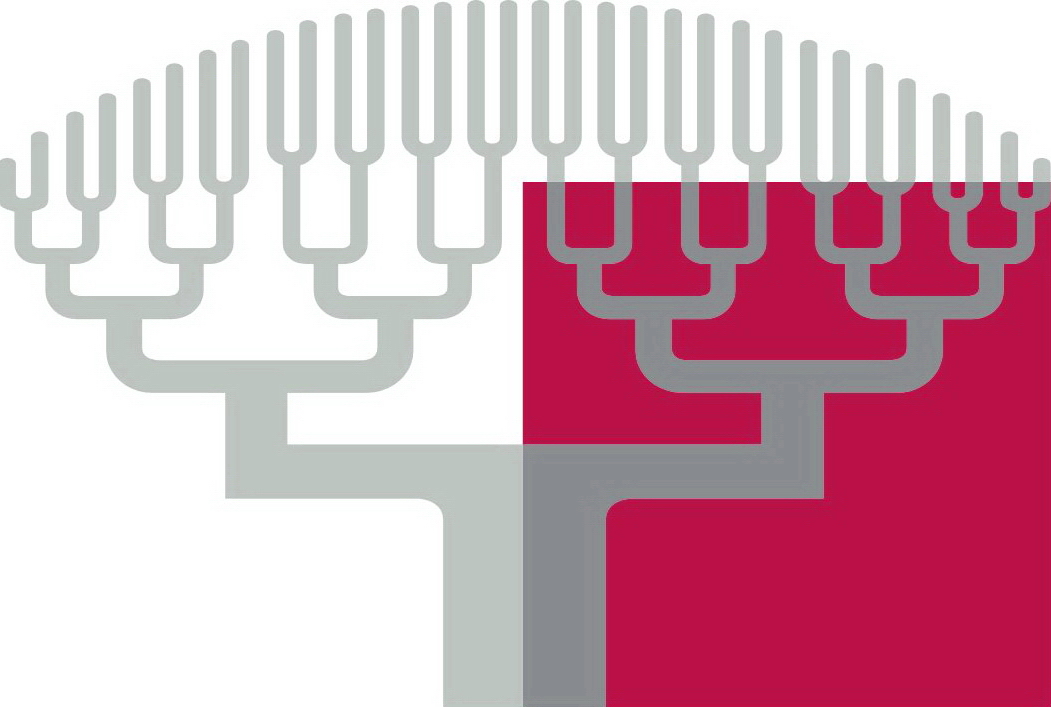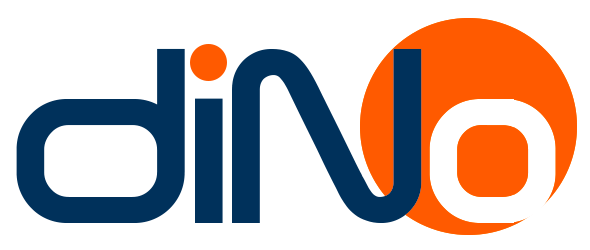 |
Paris Descartes University Seminar Series on Data Analytics Invited Seminar Talk |
 |
|
Prof. Yannis Papakonstantinou, University of California at San Diego (USA) when: 25 March 2016, 3pm where: room Turing Conseil, 7th floor, Paris Descartes University, 45 Rue Des Saints Peres, Paris 75006 Abstract SQL-on-Hadoop, NewSQL and NoSQL databases provide semi-structured data models (typically JSON-based). They now drive towards declarative, SQL-alike query languages. However, their idiomatic, non-SQL language constructs, the many variations and the lack of formal syntax and semantics pose problems. Notably, database vendors end up with unclear semantics and complicated implementations, as they add one feature at-a-time. The presented Configurable SQL++ semi-structured data model bridges JSON and the SQL data model. TheSQL++ query language is backwards compatible with SQL, while supporting native JSON (as opposed to emerging SQL extensions that can only accommodate JSON table columns). The "configurable" aspect of SQL++ is the inclusion of configuration options that describe different options of language semantics and formally capture the variations of existing database languages. In that sense SQL++ is unifying: By appropriate choices of configuration options, the SQL++ semantics can morph into the semantics of any of eleven popular semistructured databases, which we surveyed, as the extensive experimental validation shows. In this way, SQL++ allows a formal characterization of the capabilities of the emerging query languages. A particular configuration of SQL++ has been adopted by Couchbase and UCI's ASTERIXDB. We also discuss the key role of SQL++ in the FORWARD middleware and application and visualization development platform. SQL++ is the query language of the FORWARD middleware query processor. FORWARD federates SQL++ queries over SQL and non-SQL database. It also provides incremental view maintenance of SQL++ views. These (essentially JSON) views are subsequently rendered into live visualizations by a simple-to-use and powerful mechanism. Short Bio Yannis Papakonstantinou is a Professor of Computer Science and Engineering at the University of California, San Diego. His research is in the intersection of data management technologies and the web, where he has published over ninety research articles that have received more than 12,000 citations, according to Google Scholar. A common theme of his research is the extension of database platforms and query processors beyond centralized relational databases and into semistructured databases, integrated views of distributed databases and web services, textual data and queries involving keyword search, and most recently spatiotemporal sensor data. He has given multiple tutorials and invited talks, has served on journal editorial boards and has chaired and participated in program committees for many international conferences and workshops. He is a co-director and teaches for UCSD's Master of Advanced Studies in Data Science. Yannis enjoys to commercialize his research and to inform his research accordingly. He was the CEO and Chief Scientist of Enosys Software, which built and commercialized an early Enterprise Information Integration platform for structured and semistructured data. The Enosys Software was OEM'd and sold under the BEA Liquid Data and BEA Aqualogic brand names, eventually acquired in 2003 by BEA Systems. His lab's recent FORWARD platform is now in use by many UCSD and commercial applications. He is involved in data analytics in the pharmaceutical industry and is in the technical advisory board of Brightscope Inc and GraphSQL Inc. He is the inventor of seven patents and has been an expert in IP litigation cases multiple times. Yannis holds a Diploma of Electrical Engineering from the National Technical University of Athens, MS and Ph.D. in Computer Science from Stanford University (1997) and an NSF CAREER award for his work on data integration. Hosted by: Themis Palpanas List of past seminars |